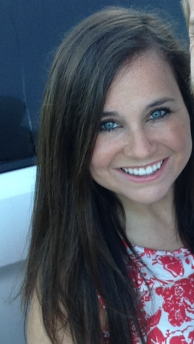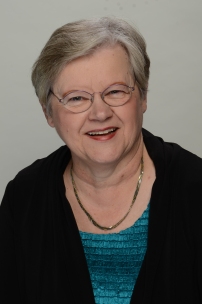I believe in the power of words. Words have an incredible way of linking us to one another – whether we are strangers, old friends, or lost loved ones.
On January 25th, 2015, I lost my baby cousin, Philip, in a motorcycle accident while stationed as a Marine at Camp LeJeune. Losing someone I was so close to and who was so young broke my heart in ways I didn’t know were possible. Though Philip was 4 years younger than me, my cousin was one of my closest friends and always made his best effort to help me using his carefree wisdom. Shortly after losing him, I had his favorite saying tattooed on my right foot.
I cannot count the number of times a day that I look down at my foot and see, in his handwriting, “Never give up.”
When I see his words, I first think, “Man! I’m glad I always helped him with his spelling homework!” but shortly after, I think of him saying those three simple words and readily bestowing his carefree wisdom upon me.
When I see his words, I am reminded to always strive to do better, to always seek hope when I feel defeated, and to push through whatever obstacles and challenges I may encounter.
Words have an incredible way of linking us to one another. Words allow us to capture those irreplaceable moments, to keep our memories alive, and remind us to never, ever give up.
I believe in the beautiful power of words.
——-
 Rev. Penelope Erin Taylor is from Lake Charles, LA and is a recent graduate of Brite Divinity School & TCU’s dual M. Div/MSW program. She is a proud Peace Intern alum, is freshly ordained through the Great River Region, and currently serves as the youth minister at FCC Gainesville, TX. In her spare time, she enjoys devoting a ridiculous amount of time to her cocker spaniel, Barney, and drinking a LOT of Diet Coke.
Rev. Penelope Erin Taylor is from Lake Charles, LA and is a recent graduate of Brite Divinity School & TCU’s dual M. Div/MSW program. She is a proud Peace Intern alum, is freshly ordained through the Great River Region, and currently serves as the youth minister at FCC Gainesville, TX. In her spare time, she enjoys devoting a ridiculous amount of time to her cocker spaniel, Barney, and drinking a LOT of Diet Coke.

